List of Endodontic Residency Programs in the US (2025)
Explore endodontic residency programs, career opportunities, and essential skills. Learn about clinical training, technology, and more in endodontics.
Posted June 13, 2025

Table of Contents
Dentistry is considered one of the most sought-after career paths for students interested in healthcare. From general dentistry to specializations like endodontics or orthodontics, there is a lot to choose from for those interested in pursuing a career as a dentist. We’ll be looking at the best schools for endodontics, a specialization that focuses on treating dental pulp issues and the management of dental trauma to ensure healthy teeth and gums.
In this article, we will explore the endodontic residency programs available across the United States for 2025. These programs equip students with the necessary clinical skills, knowledge, and specialized training to pursue a career in this dental specialty. We’ll discuss application deadlines, program lengths, degrees granted, and other critical details for each school.
Paths to Becoming an Endodontist
Endodontists typically begin their careers as general dentists and then pursue further specialized training in endodontics. The American Dental Association (ADA) accredits these programs, ensuring they meet essential educational requirements for certification.

The most common routes include master’s programs, Ph.D. programs, or a DMD (Doctor of Dental Medicine) with an endodontic residency. Depending on the university and program structure, residency programs typically last two to five years. These residencies provide an in-depth focus on the clinical skills and academic knowledge required to diagnose and treat diseases of the dental pulp, perform root canal therapy, and manage dental trauma.
In addition to clinical training, students will also engage in research, seminars, and other academic work designed to equip them with the necessary knowledge and technical proficiency to work as endodontic specialists. Certification from the American Board of Endodontics is the final step for those who wish to demonstrate their expertise and join a select group of recognized specialists in the field.
Requirements for Endodontic Residency Programs
Admission to endodontic residency programs is highly competitive. In most cases, applicants are required to have a DMD or DDS degree from an accredited dental school before applying. Many programs also require candidates to have completed a certain number of years in general dentistry, as well as other criteria such as a strong academic record, letters of recommendation, and a personal statement.
Applicants can utilize the American Dental Education Association (ADEA) Postdoctoral Application Support Service (PASS) to streamline their application process across multiple institutions.
Endodontic residency programs can vary in terms of the length of the program, degree awarded, and application deadlines. Typically, a program lasts between two and five years, and upon completion, residents are awarded a certificate in endodontics or a Master’s degree in the field. Some programs may also offer additional opportunities for research or teaching.
Endodontic Residency Program Length and Degrees Awarded
Endodontic residency programs generally last two to five years, with each endodontics program offering specialized training and granting a certificate in endodontics. Most programs offer specialized training and grant a certificate in endodontics, although several institutions also offer a Master’s degree upon completion. The specific degree conferred depends on the program, with some schools offering a Master of Science (MS) or a similar advanced degree.
Residency programs are structured to balance classroom education, clinical training, and research. A significant portion of training is hands-on, working with patients under the supervision of faculty members. Residents are exposed to a variety of procedures related to root canal therapy, including endodontic retreatment and surgical endodontics, as well as the latest advancements in the field, such as regenerative endodontics.
Endodontic Residency Programs: What to Expect
Endodontic residency programs are intense training periods designed to provide aspiring endodontists with the skills needed for successful practice. These programs focus on clinical and academic instruction, offering a deep dive into endodontic techniques, technologies, and patient care strategies. Below is an overview of what to expect during an endodontic residency program.
Residency Program Length
Endodontic residency programs usually span two to five years, depending on the institution and the type of degree awarded.
- Two-year programs generally focus more on clinical training, providing residents with the opportunity to treat patients under supervision.
- Three to five-year programs may also include advanced research, offering a more comprehensive education that leads to a Master’s degree in addition to the certificate in endodontics.
Degree Conferred
Most students are awarded a certificate in endodontics upon successful completion of a residency program. Some schools, however, grant an advanced degree, such as a Master of Science (MS) or Master of Dental Science (MDS).
The specific degree depends on the program structure, with some schools combining clinical training with research opportunities for a broader academic experience. Having an advanced degree can open doors for teaching, research, and leadership roles within the field.
Core Components of Residency
| Clinical Skills Development | Focus on hands-on training, including root canal therapy, endodontic retreatment, microsurgeries, and trauma management. |
| Research and Academic Coursework | Engagement in research projects and seminars, contributing to advancements in endodontics. |
| Patient Interaction | Residents treat patients in supervised clinical settings, refining skills and gaining experience with diverse cases. |
| Exposure to Advanced Technology | Use of the latest techniques and equipment, including digital imaging, laser-assisted procedures, and regenerative endodontics. |
Key Criteria for Admission to Endodontic Residency Programs
Admission into endodontic residency programs is competitive, and there are specific requirements applicants must meet. Below is an overview of the general admission criteria.
Basic Qualifications
- Education: Applicants must have a Doctor of Dental Medicine (DMD) or Doctor of Dental Surgery (DDS) degree from an accredited dental school. Some programs may require students to have completed a certain number of years in general dentistry.
- Dental Licensure: Applicants must typically hold a valid dental license before applying.
- Clinical Experience: Many programs prefer applicants with a strong clinical background, including experience in general dentistry.
Dental Schools Application Deadlines
The deadlines for residency program applications vary by school but typically fall in the late fall or early winter for programs beginning the following year. Applicants should check the specific program websites for the most up-to-date deadlines.
Selection Process
- GPA and Dental Scores: A strong academic record is essential. High GPAs, particularly in dental coursework, are required, and some programs may also require scores from dental board exams.
- Letters of Recommendation: Most programs ask for recommendations from faculty members, mentors, or supervisors in the dental field.
- Interview Process: Competitive programs typically require an interview, either in person or virtually, where candidates can demonstrate their passion for the specialty, clinical knowledge, and interpersonal skills.
- Personal Statement: Applicants must submit a personal statement outlining their career goals, experience, and reasons for pursuing a career in endodontics.
Top Endodontics Program in the U.S. for 2025
Loma Linda University
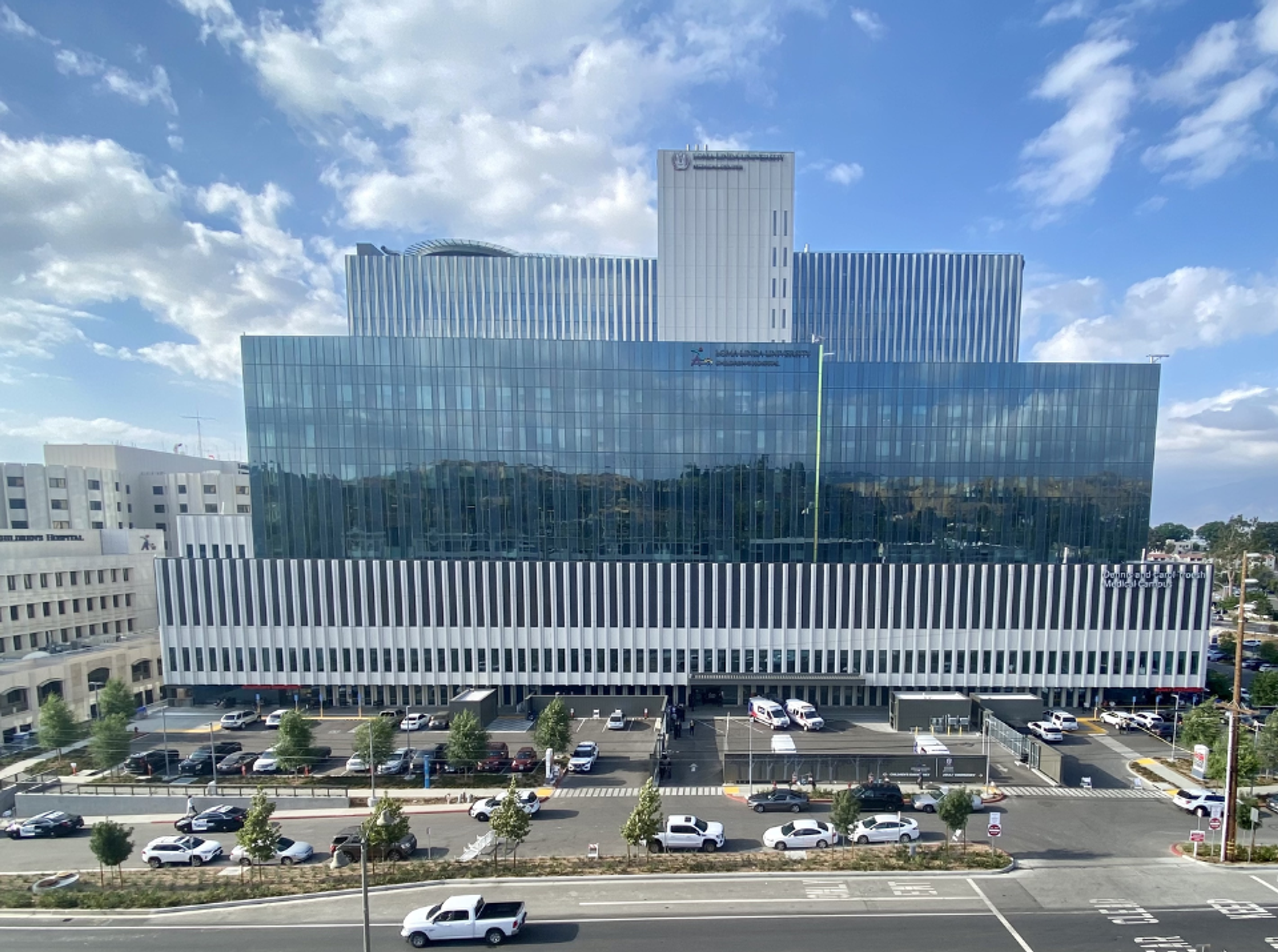
- Program Length: Two years
- Degree Awarded: Certificate in Endodontics
- Application Deadline: June 1 and November 1
Loma Linda University’s endodontic residency program is highly regarded for its emphasis on clinical practice and hands-on experience. The program provides extensive exposure to advanced endodontic procedures such as root canal therapy, endodontic surgery, and treatment of dental trauma. In addition to clinical training, residents engage in research opportunities and gain experience in teaching and mentoring dental students. Loma Linda University’s faculty are well-known for their expertise in endodontics and provide strong mentorship throughout the residency.
Loma Linda’s program is ideal for residents who want an intensive clinical education and an opportunity to specialize in treating complex cases. It also has a strong focus on oral health and patient-centered care, providing residents with the skills necessary to succeed in private practice or other professional settings.
For application, apply online at https://adea.org/
University of Pennsylvania School of Dental Medicine
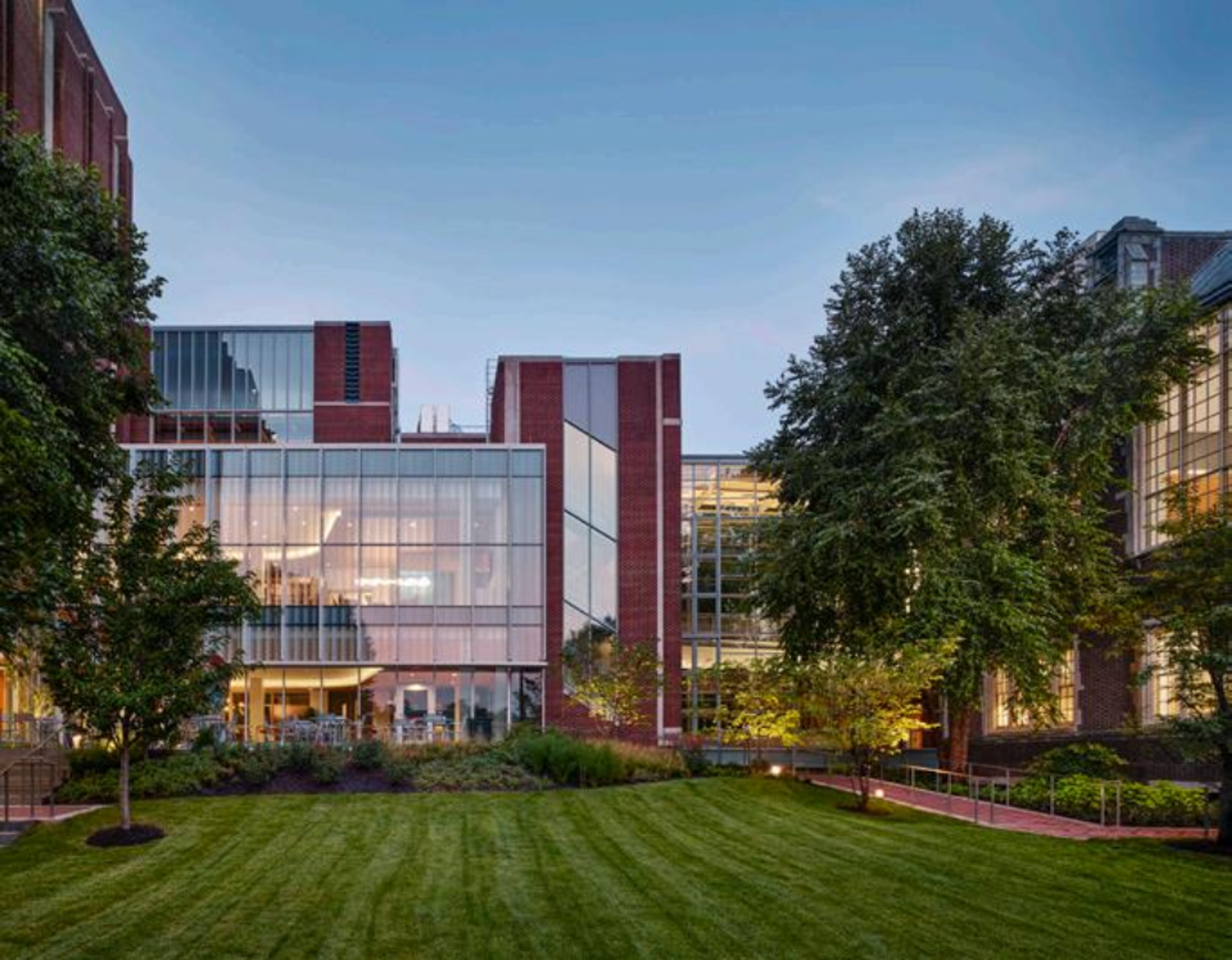
- Program Length: Two years
- Degree Awarded: Certificate in Endodontics
- Application Deadline: December 1, 2024
The University of Pennsylvania offers a rigorous endodontic residency program that combines advanced clinical training with innovative research opportunities. The program is structured to provide residents with expertise in a wide range of endodontic procedures, including regenerative endodontics, microsurgical techniques, and the latest developments in root canal therapy. Penn’s program emphasizes evidence-based practices, ensuring that residents are equipped with the latest knowledge and skills in the field.
Residents benefit from access to world-class facilities and a supportive academic environment. The faculty consists of experienced endodontists who guide residents through complex clinical cases while fostering an environment of academic growth and research development. This program is well-suited for those interested in pursuing both clinical and academic careers.
For application, apply online at https://apply.dental.upenn.edu/apply/
Harvard School of Dental Medicine
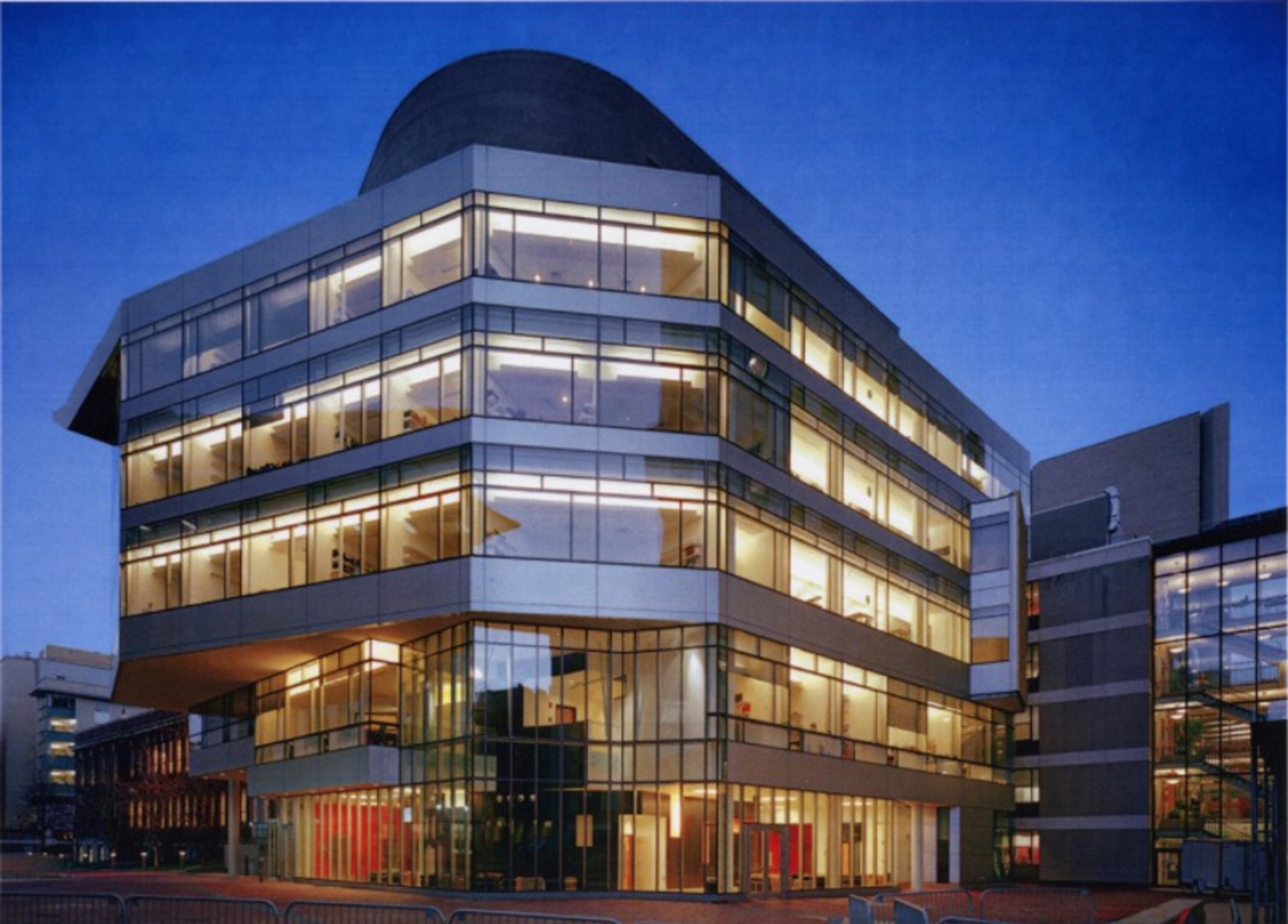
- Program Length: Five years
- Degree Awarded: Master of Science in Dentistry (MSD)
- Application Deadline: December 13, 2024
Note: Applications must be completed by January 1, 2025, to be considered for admission
Harvard’s endodontic residency program stands out due to its strong emphasis on research and advanced clinical skills. The program lasts for five years and provides residents with a Master of Science in Dentistry (MSD), along with a certificate in endodontics. Harvard’s program is one of the few that offers comprehensive training in regenerative endodontics and cutting-edge procedures in root canal therapy. Residents are deeply involved in research projects that aim to advance the field of endodontics. Harvard’s faculty includes some of the top leaders in endodontic research and clinical practice, providing residents with mentorship that spans both academic and clinical training. This program is ideal for residents interested in blending research with their clinical practice and contributing to the future of dental science.
For application, apply online at https://adea.org/
University of California, San Francisco (UCSF) School of Dentistry
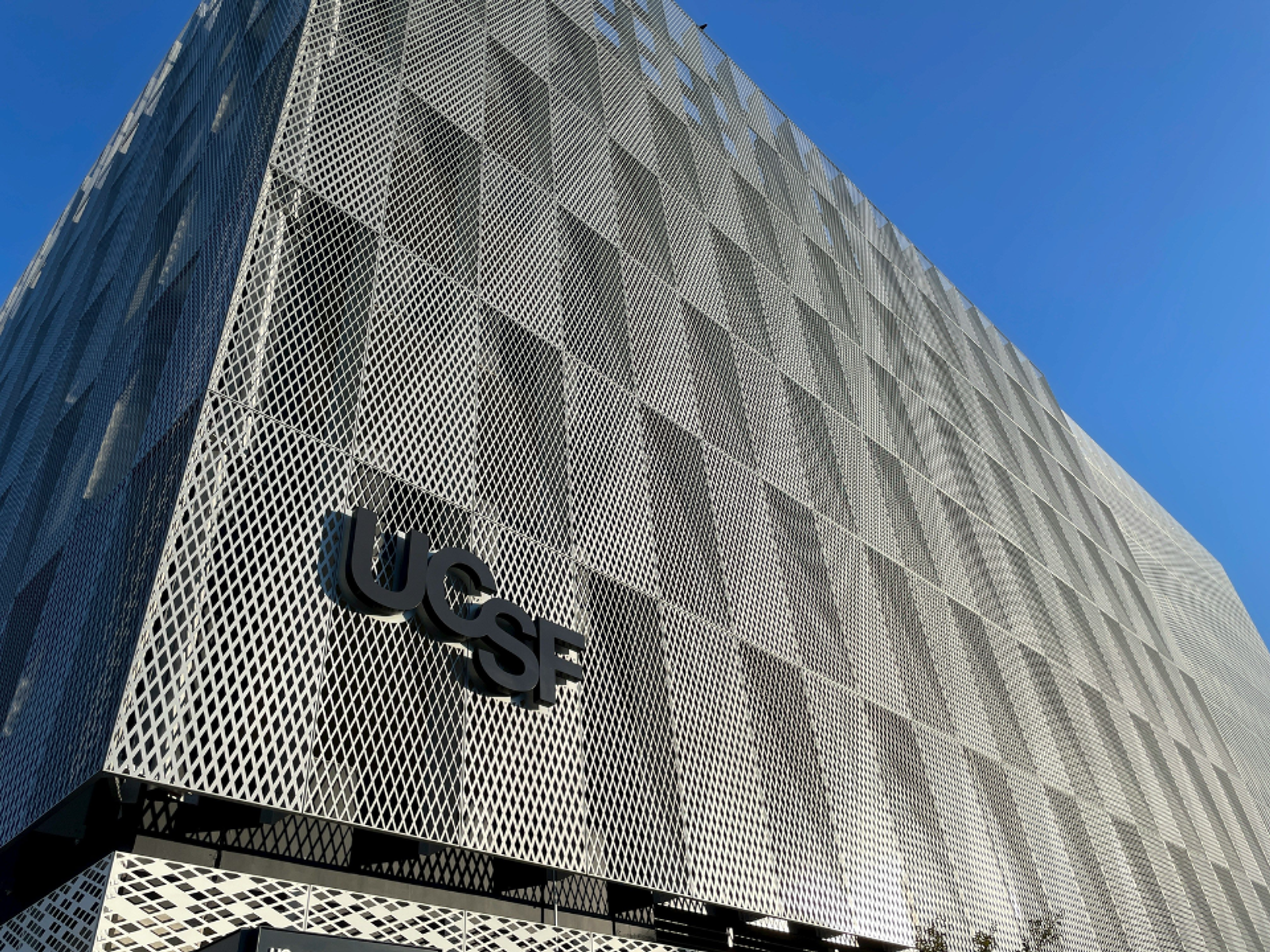
- Program Length: Three years
- Degree Awarded: Master of Science in Dentistry (MSD)
- Application Deadline: October 31
UCSF’s endodontic residency program is renowned for its focus on innovative treatments and comprehensive clinical training. The program spans three years and culminates in a Master of Science in Dentistry (MSD). UCSF is known for its strong emphasis on using advanced technology, such as microsurgical techniques and digital imaging, in the treatment of complex endodontic cases.
Residents at UCSF are exposed to a high volume of clinical cases, providing them with hands-on experience in root canal therapy, endodontic surgery, and other procedures. The program also offers residents opportunities to engage in research and contribute to ongoing advancements in endodontics. UCSF’s focus on holistic patient care and cutting-edge techniques makes it a top choice for those seeking to gain expertise in both clinical care and innovation.
New York University (NYU) College of Dentistry
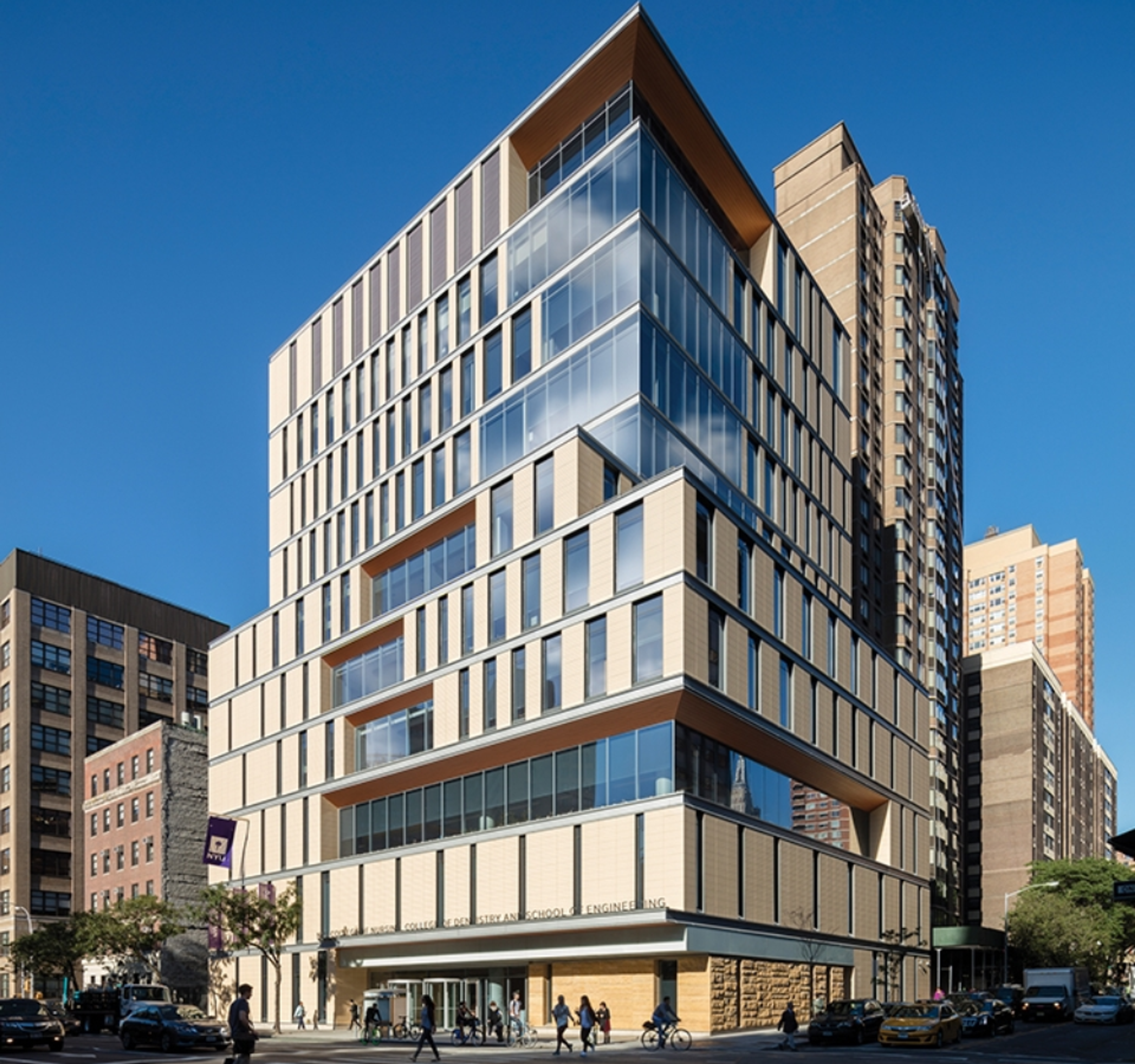
- Program Length: Three years
- Degree Awarded: Certificate in Endodontics
- Application Deadline: January 15, 2025
NYU’s endodontic residency program is one of the largest and most comprehensive in the country. It provides residents with extensive training in clinical skills and research. Residents also participate in advanced procedures such as microsurgical endodontics and regenerative treatments, ensuring they are well-prepared for a career as an endodontic specialist.
NYU offers a robust curriculum that integrates hands-on clinical experience with cutting-edge research. The program is highly competitive, attracting residents from around the world. By focusing on the latest developments in endodontic technology, NYU ensures that residents gain the skills and knowledge necessary to become leaders in the field.
University of Michigan School of Dentistry
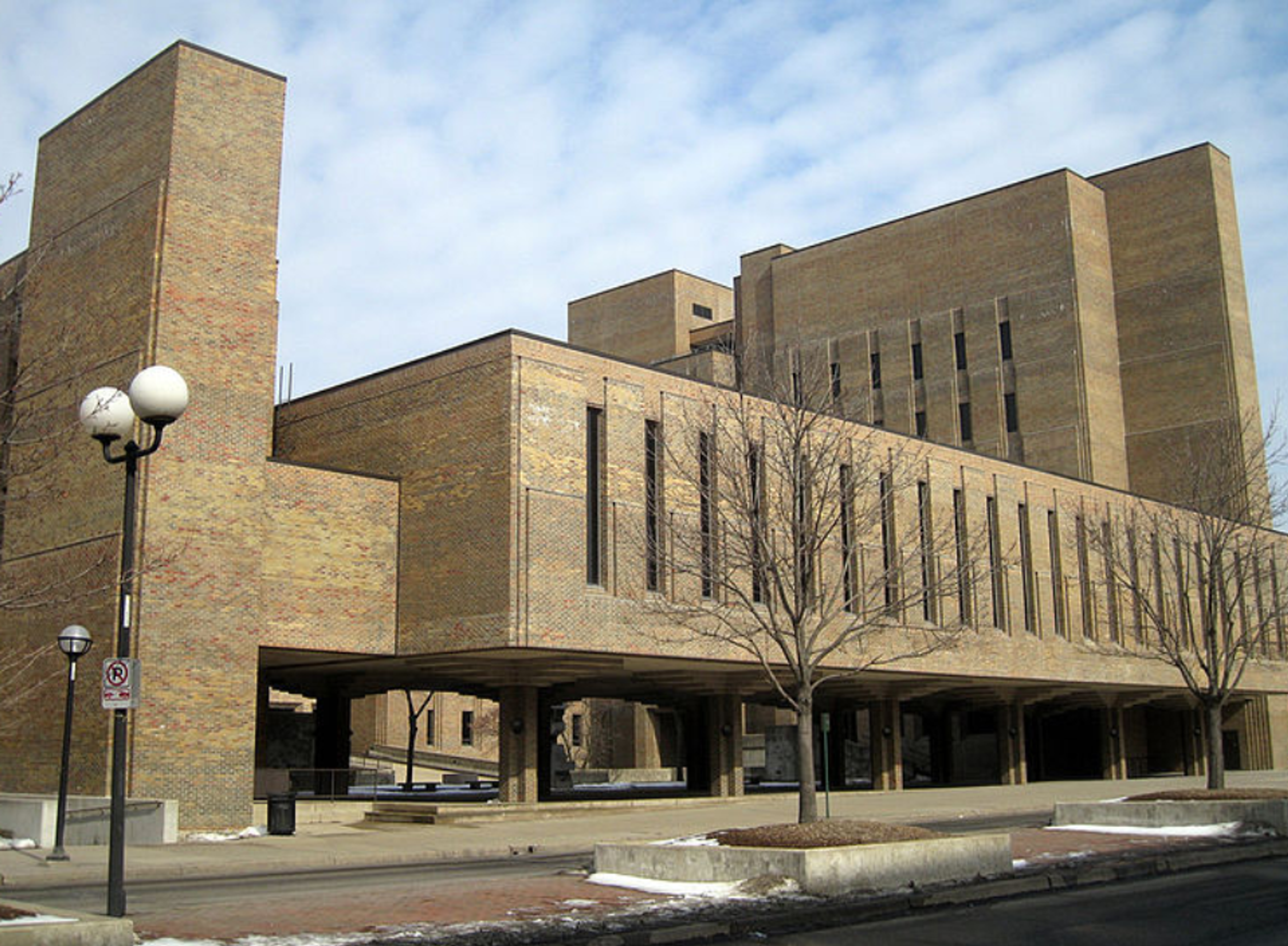
- Program Length: Two years
- Degree Awarded: Certificate in Endodontics
- Application Deadline: The application opens on May 14th and closes on October 15th
The University of Michigan’s endodontic residency program offers a strong foundation in clinical care and advanced endodontic techniques. The program provides residents with a comprehensive education in root canal therapy, endodontic surgery, and trauma management. In addition, the program emphasizes the importance of patient-centered care and helps residents develop the interpersonal skills necessary for working with patients in a variety of clinical settings.
Residents at the University of Michigan benefit from the school’s extensive research facilities and have the opportunity to engage in ongoing research projects related to endodontic treatments. The program also provides a supportive academic environment with opportunities for teaching and mentorship from experienced faculty.
Other Notable Programs
These institutions, along with the ones mentioned above, offer strong endodontics programs that provide the training, knowledge, and skills necessary to pursue a successful career as an endodontist. Prospective residents should carefully evaluate each program’s curriculum, faculty, research opportunities, and clinical training to determine the best fit for their goals. These programs are known for their overall quality, factoring in academic reputation, research output, and faculty expertise.
Financial Considerations: Tuition, Fees, and Funding Options
Endodontic residency programs require a significant financial investment, with costs varying by institution. Tuition typically ranges from $30,000 to $70,000 per year, depending on the program length, degree awarded, and available resources.
- Two-Year Programs: Focus on clinical training and cost between $30,000 and $50,000 per year.
- Three to Five-Year Programs: Award both a Master's and certificate, costing $50,000 to $70,000 annually, with some prestigious programs charging more.
Additional fees can include registration ($100-$500), lab fees ($500-$2,000), insurance ($1,000-$3,000), and books ($500-$1,000). These costs should be factored into financial planning.
Funding and Scholarships
Many students seek financial support through scholarships, grants, loans, and stipends.
- Scholarships: Offered based on merit, need, or research focus.
- Grants: Available for research projects or community service.
- Loans: Federal and private options, with various terms.
- Stipends and Assistantships: Some programs provide stipends for teaching or research duties.
- Employer Sponsorships: Eligible practicing dentists may receive funding from their employers.
Living Expenses
Living costs can be high in cities like New York or San Francisco, so residents should evaluate their ability to afford housing and essentials. Some programs offer limited financial support, such as housing assistance or relocation help, but it's not always available.
International Applicants: Requirements and Considerations
- Educational Requirements: International applicants must hold a dental degree equivalent to a U.S. DDS or DMD. They may need to have their transcripts evaluated by services like ECE or WES. Some programs may require additional coursework or exams.
- English Language Proficiency: Applicants whose first language is not English must demonstrate proficiency, usually through TOEFL (90-100) or IELTS (6.5-7.0) scores. Some programs may waive this requirement if the applicant completed their degree in English.
- Visa and Immigration Requirements: Applicants typically need an F-1 (student) or J-1 (exchange visitor) visa, depending on the program. Applicants must work with the admissions office and consulate to meet visa requirements.
- Financial Support: International students must prove they have the financial resources to cover tuition and living expenses. This includes bank statements, affidavits of support, or scholarship offers. Financial proof is necessary for obtaining visa forms like the I-20 or DS-2019.
- Application Process and Deadlines: The application process for international applicants is similar to that for domestic applicants but requires additional documents like proof of financial support and visa-related paperwork. International applicants should apply early to allow time for credential evaluation and visa processing.
- Challenges for International Applicants: Challenges include higher competition, time-consuming credentialing, and potential visa delays.
- Support Services: Many U.S. dental schools provide support for international students, such as visa assistance and cultural integration. Applicants should reach out to admissions or international student offices for help.
Final Thoughts
Selecting the right endodontic residency program requires careful consideration of multiple factors, including the program’s clinical training, research opportunities, faculty, and overall support system. By assessing your personal career goals and evaluating how each program aligns with your interests and aspirations, you can make an informed decision that sets the foundation for a successful career in endodontics. Endodontists play an important role in preserving natural teeth and maintaining oral health, making this specialty both challenging and rewarding. Whether you choose to work in private practice, academia, or research, the skills and expertise gained from a top-quality residency program will ensure that you are well-prepared to contribute to the field and provide the highest level of care to your patients.
Work with Dental School Admissions Coaches
Get expert guidance from Dental School Admissions Coaches to navigate the application process and secure your spot.
Related Articles
Here are some articles that provide further insight into endodontic residency and career opportunities:
- NYU Dental School: Requirements, Tuition, and Program Overview
- How Hard Is It (Actually) to Become a Dentist?
- The Different Types of Medical Careers – and Which One is Right for You
- Best Majors for Dental School: A Guide for Pre-Dental Students
- How to Become a Dentist: Application, Degree Programs, FAQs
- The Complete Guide to the Dental School Application
FAQs
What is the average salary for endodontic residents during their training?
- Endodontic residents typically receive a stipend during their training, which varies by institution. For example, the University of Connecticut offers a stipend of $13,000 per year for residents. It's important to note that these stipends are generally modest and may not cover all living expenses.
Are there financial aid options available for endodontic residency programs?
- Yes, financial aid options are available for endodontic residency programs. Many institutions offer scholarships, grants, and loan programs to assist residents with tuition and living expenses. For instance, the University of Connecticut provides a stipend to residents, and other programs may offer additional financial support. Prospective residents should inquire directly about the programs they are interested in to learn about specific financial aid opportunities.
How competitive is the application process for endodontic residency programs?
- The application process for endodontic residency programs is highly competitive. Factors such as academic performance, clinical experience, research involvement, and letters of recommendation are crucial in the selection process. Additionally, some programs may have limited spots available, further increasing the competition. Prospective residents should ensure they meet all eligibility requirements and submit a complete and compelling application to enhance their chances of acceptance.
What is the job outlook and earning potential for endodontists after completing residency?
- After completing an endodontic residency, specialists can expect a favorable job outlook and earning potential. Endodontists are among the highest-paid dental specialists, with average annual earnings around $198,000. The demand for endodontic services remains strong, particularly in areas with a high population density and limited access to specialized dental care. However, actual earnings can vary based on factors such as geographic location, practice setting, and individual experience.











